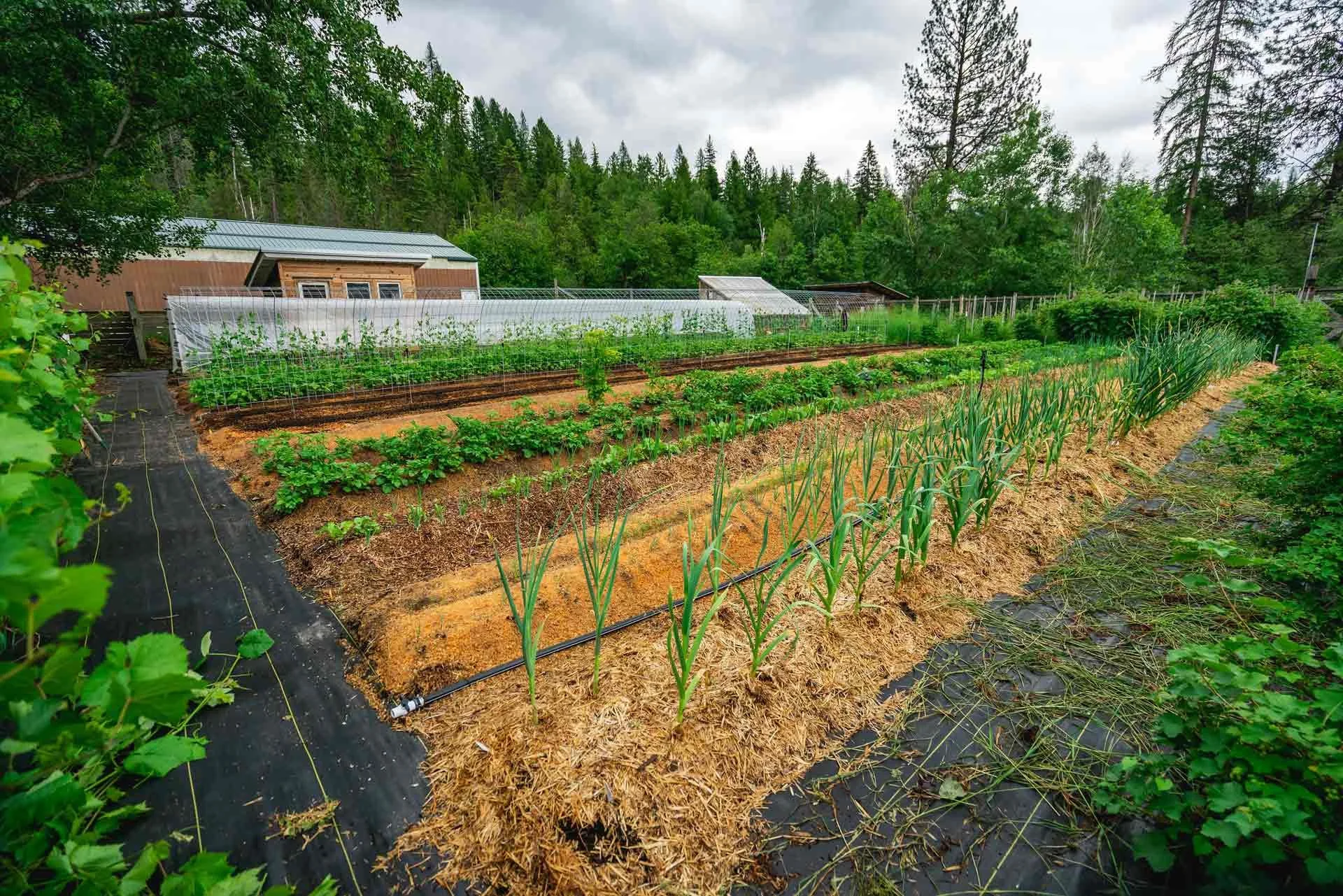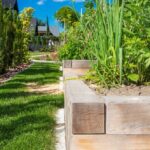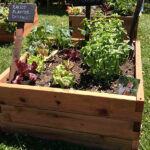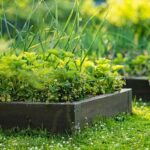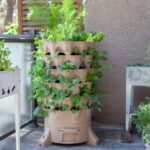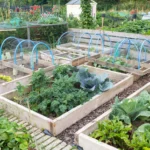Life on a homestead is more than just tending crops or caring for animals. It’s a rhythm, a lifestyle, and a connection to the land that grows deeper with every season. In this guided tour, you’ll get a closer look at the heart of our homestead — from flourishing gardens to well-kept barns and the many spaces that make it feel alive.
Welcome to the Heart of Homestead Living
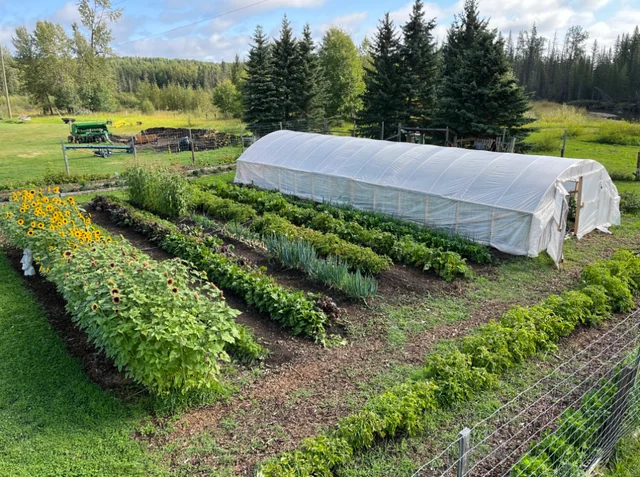
When you first step onto a homestead, you’re greeted by the open air, the scent of fresh soil, and the sounds of nature. It’s a living, breathing environment where each area serves a purpose, whether it’s producing food, providing shelter, or building community.
What Makes a Homestead Unique
Every homestead reflects the personality and priorities of its owners. Some focus on self-sufficiency, others on income-producing ventures, but all share a dedication to sustainable and intentional living.
The Gardens: Where Life Begins
The gardens are the soul of our homestead, producing food for our family and sometimes enough to share with neighbors. You’ll find an assortment of vegetables, herbs, and fruits, each planted with careful planning.
Seasonal Planting
We rotate our crops through the seasons to keep the soil healthy and productive. Spring brings leafy greens, summer offers tomatoes and peppers, autumn yields squash and root vegetables, and winter focuses on cold-tolerant plants in raised beds.
Gardening Techniques We Use
- Raised garden beds for better soil control
- Mulching to retain moisture and suppress weeds
- Companion planting to naturally deter pests and boost plant health
The Barns: Shelter and Storage
Our barns are more than storage buildings; they’re essential hubs for animal care, tool storage, and seasonal preparation. Each barn has its own character and purpose.
Main Barn Functions
- Housing livestock such as goats, sheep, or cows
- Storing hay, feed, and farming equipment
- Providing a sheltered space for repairs and maintenance tasks
Maintaining the Barns
Regular upkeep is crucial — from repairing fences to ensuring the roof keeps out the rain. A well-maintained barn keeps animals safe and resources secure.
The Livestock: Life and Energy
Livestock bring vitality to the homestead. They supply food, help manage the land, and even improve soil quality through manure.
Types of Animals You Might See
- Chickens for fresh eggs and meat
- Goats for milk and brush clearing
- Bees for honey and pollination support
Sustainability Practices in Action
Sustainability is woven into every aspect of our homestead. From renewable energy to waste reduction, we aim to live lightly on the land while maximizing productivity.
Green Systems We Rely On
- Solar panels to reduce energy dependence
- Rainwater collection systems for garden irrigation
- Compost bins for turning kitchen scraps into rich soil
Building Community Through the Homestead
A homestead is also a place for gathering, learning, and sharing. We host seasonal events, farm-to-table dinners, and occasional workshops to pass along traditional skills.
Skills We Share
- Bread baking
- Food preservation
- Natural soap and candle making
FAQs About Homestead Tours
1. Can visitors walk through the gardens?
Yes, visitors are welcome to explore the gardens, but we ask that they avoid stepping on planting beds to protect the crops.
2. Are animals approachable during a tour?
Some are, but for safety, we guide all interactions to ensure both visitors and animals are comfortable.
3. Do you sell produce from the homestead?
Yes, we offer seasonal produce, honey, and handmade goods at our small farm stand.
4. How big is the entire property?
Our homestead covers 15 acres, with dedicated spaces for crops, livestock, and natural areas.
5. What’s the best time of year to visit?
Late spring through early fall offers the most vibrant views of gardens and active livestock.

